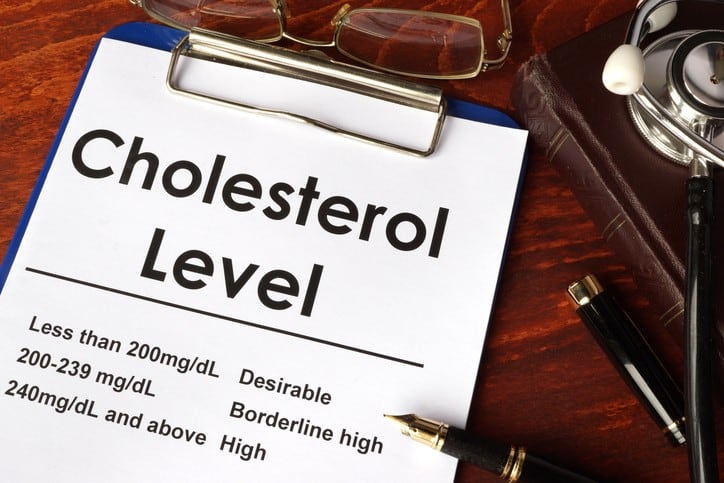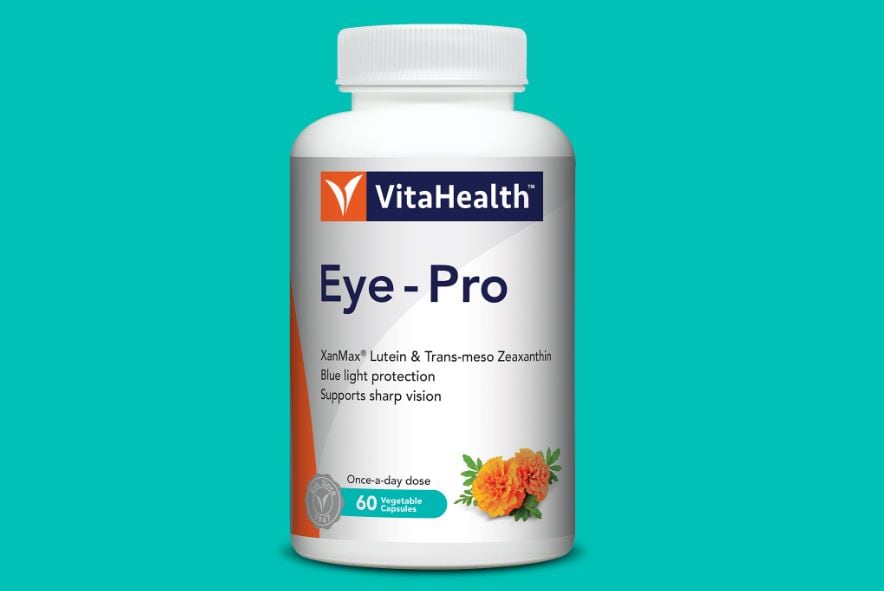About 50% of diabetic patients might develop diabetic peripheral neuropathy (DPN), which is characterised by a slowing of nerve conduction velocity or the electrical signals movement.
The condition happens because chronic hyperglycemia increases oxidative stress, activates inflammatory pathways, and reduces NGF.
Funded by the Malaysia’s Ministry of Higher Education’s Fundamental Research Grant Scheme and Monash University Malaysia’s Tropical Medicine and Biology grant, the trial findings were recently published in Nutrients.
Seventy-seven diabetic patients completed the randomised, double-blind, placebo-controlled multicentre trial, where the experiment group took a softgel supplement branded as Tocovid Suprabio from Hovid Pharmaceuticals twice per day.
The supplement contains 200mg of EVNol SupraBio – a patented formulation containing tocotrienol-rich vitamin E softgel supplied by Excelvite.
It should be noted that the subjects who did not experience symptoms of DPN were also eligible for the study.
Serum test found that the NGF level was higher amongst subjects in the experiment group post-supplementation.
For example, the amount of NGF was 11.04 ± 2.05 ng/mL in the experiment group, higher than that of 10.02 ± 2.28 ng/mL in the placebo group. The difference in the results between the two groups was statistically significant with a p-value of 0.047.
NGF pathway
The increase in serum NGF was also accompanied by an increased velocity in nerve conduction in the experiment group.
A conduction velocity test was carried out on the last week of the study to measure how fast the nerves could send out electrical signals.
It was found that on the eight week of the supplementation, the experiment group’s nerve conduction velocity increased by 1.25m/s, 1.60m/s, and 0.75m/s for their median, sural, and tibial nerves respectively.
In contrast, there was zero change and a decrease of 0.60m/s and 0.90m/s in the nerve conduction velocity in the placebo group’s median, sural, and tibial nerves respectively.
These differences between the two groups were statistically significant as the p-values were less than 0.001.
No significant difference was seen in the two groups when it comes to the serum level of other biomarkers, such as MDA – the marker of oxidative stress.
“Based on this clinical trial, Tocovid most probably acts through the pathway involving NGF—and not the oxidative stress or chronic inflammatory pathogeneses—to improve DPN,” the researchers said.
At the same time, the researchers also found that the tocotrienol-rich vitamin E supplementation did not improve the amplitude of action potentials.
This means that there is no improvement in terms of the magnitude of the electrical response.
ExcelVite, the firm supplying the active ingredient, added that the firm has been conducting clinical trials using EVNol SupraBio on diabetic complications since 2016.
Bryan See, business development manager said four clinical papers have been published and the firm was planning a new study on the dose-dependent effect of the ingredient in other diabetic complications.
Other findings
The above results were contrary to a recent similar study conducted by Hor CP et al., which concluded that the oral administration of tocotrienol-rich vitamin E for a year did not improve sensory nerve conduction parameters.
The researchers believe that this was due to the selection criteria of the subjects.
“As the study recruited participants who were symptomatic for DPN, it was also illustrated that there were no beneficial effects in relieving DPN symptoms as assessed by Total Symptom Score (TSS) and Neuropathy Impairment Score (NIS).
“The contradictory findings from this clinical trial may be attributable to the criteria for recruitment in which participants were eligible regardless of whether they experienced any symptoms of DPN,” the researchers said.
Safety test also showed the experiment group had higher total cholesterol levels after the study, but the levels were deemed not clinically significant as they were below the upper limit of normal values (5.18 mmol/L).
For future studies, the researchers said the focus should be on the definite pharmacodynamics of tocotrienol-rich vitamin E.
This will allow the use of tocotrienol-rich vitamin E in the treatment regime for medical conditions with similar pathophysiological mechanisms to DPN.
Source: Nutrients
The Effects of Tocotrienol-Rich Vitamin E (Tocovid) on Diabetic Neuropathy: A Phase II Randomized Controlled Trial
DOI: doi:10.3390/nu12051522
Authors: Khalid Abdul Kadir, et al





